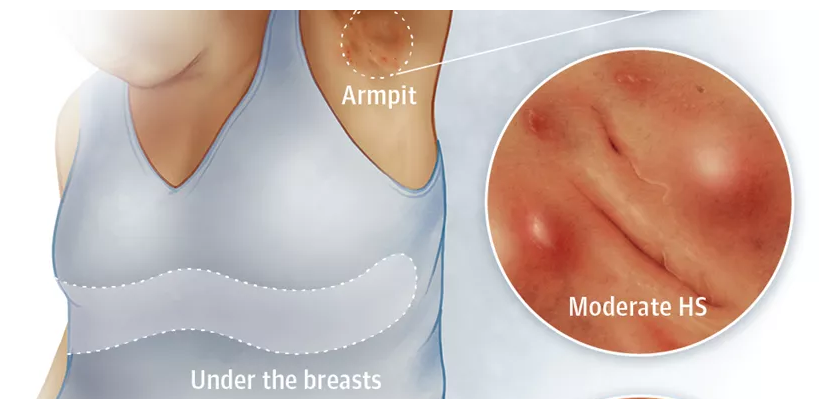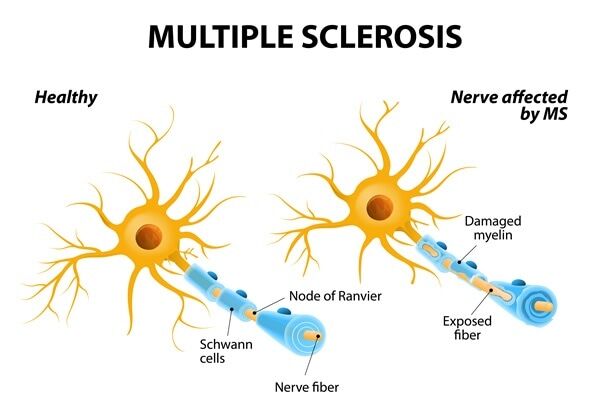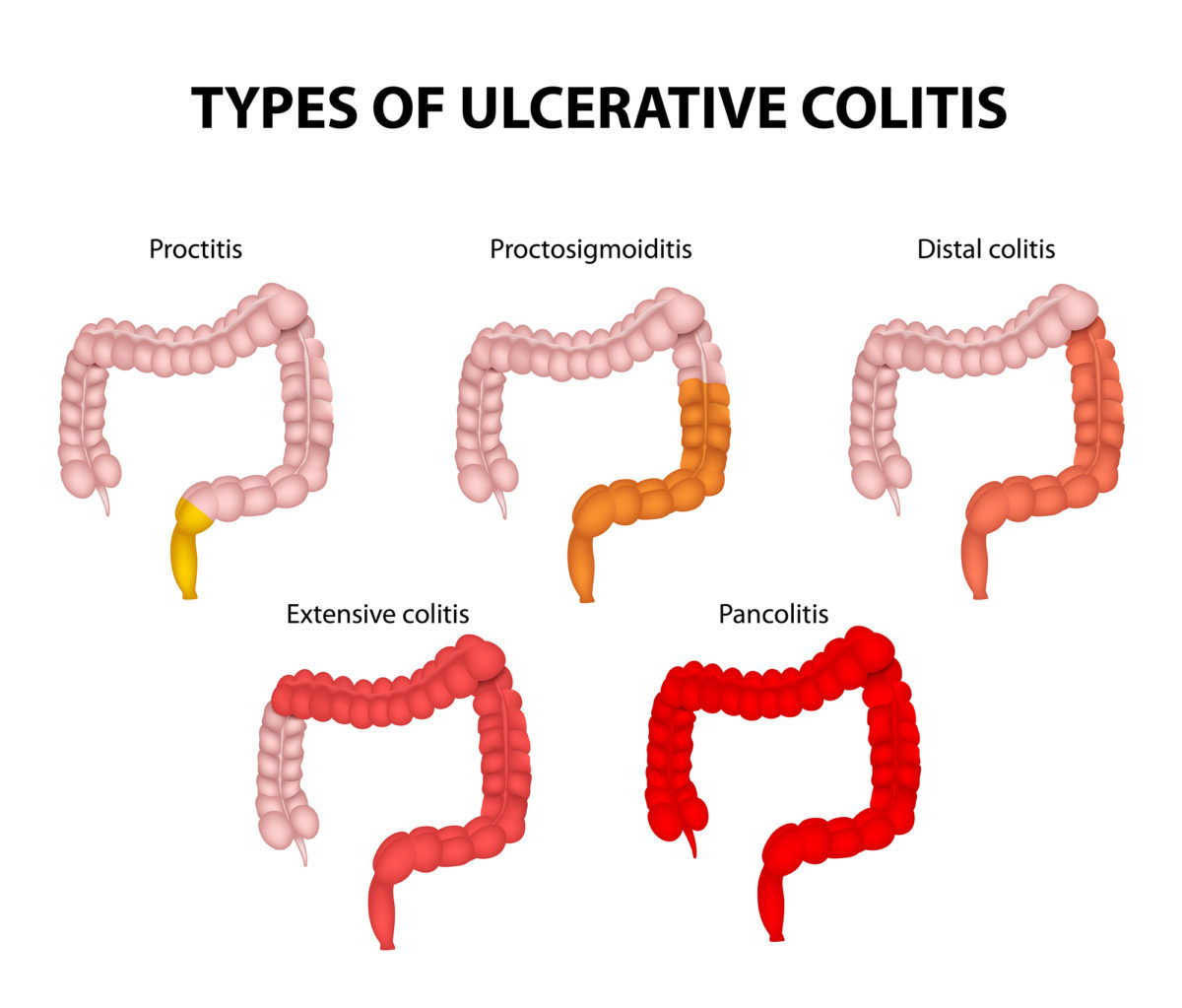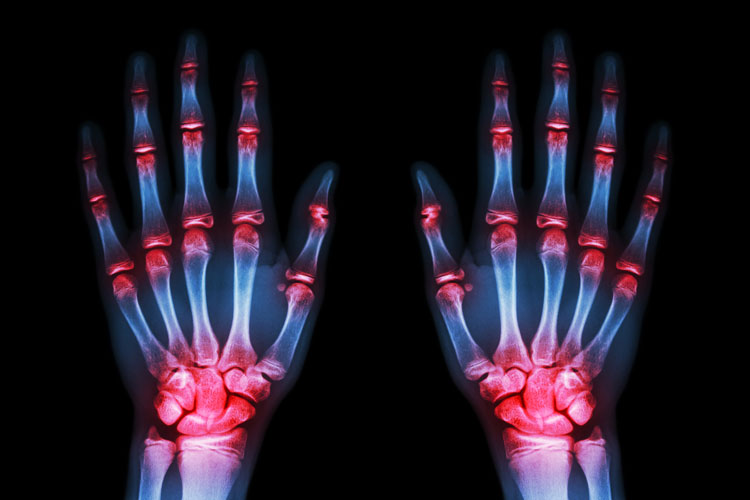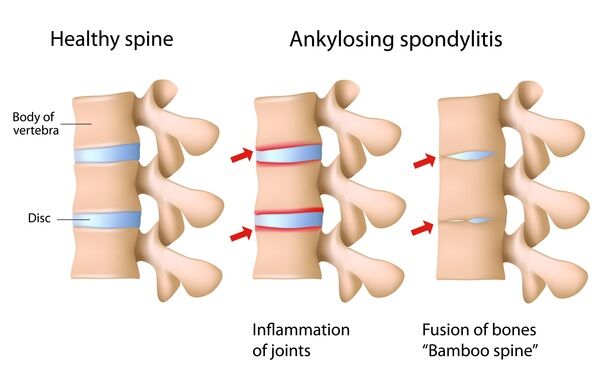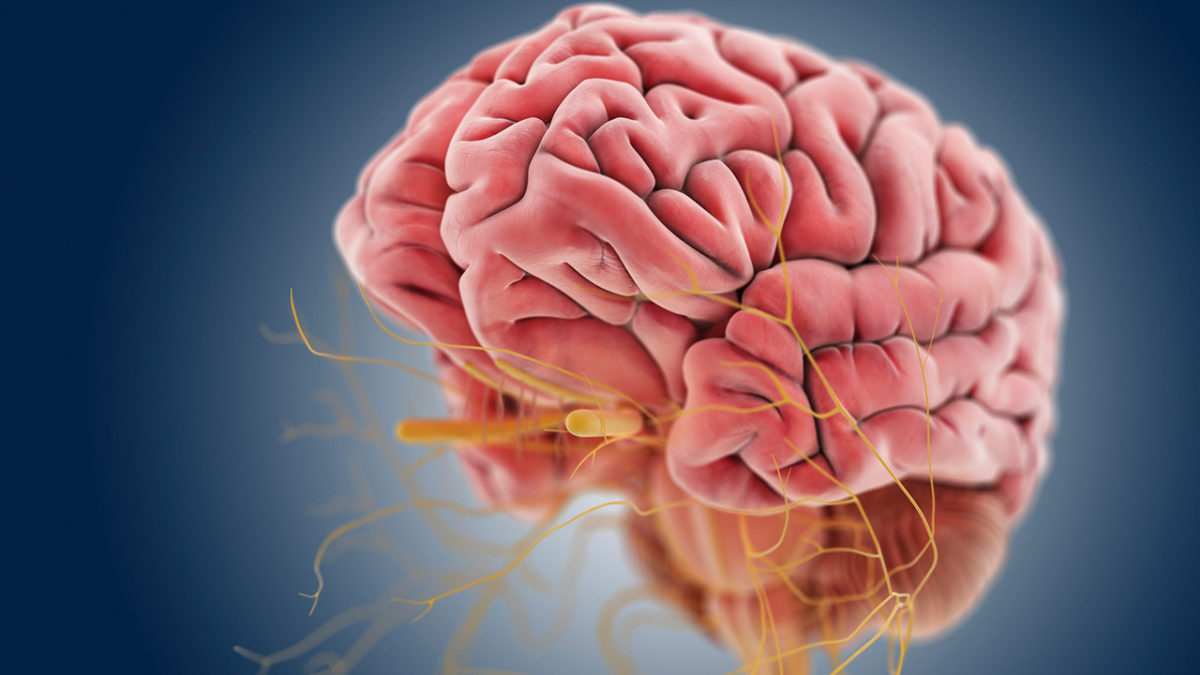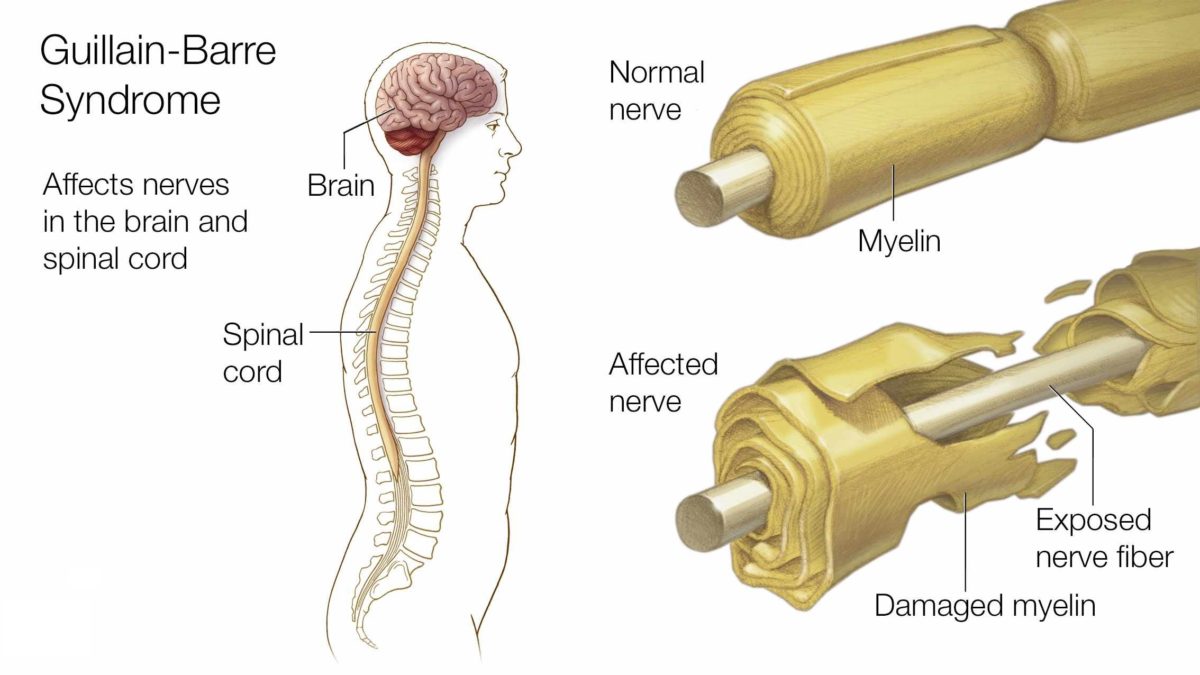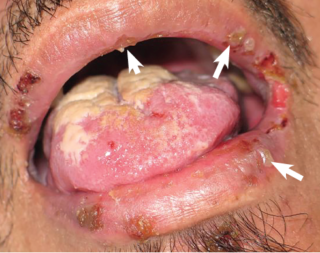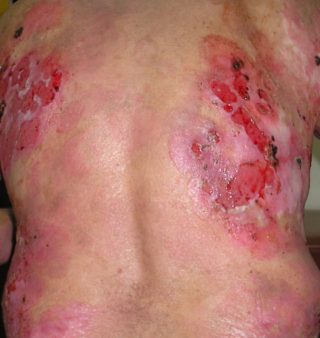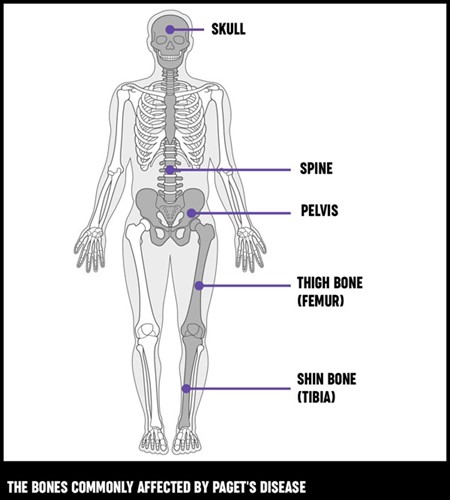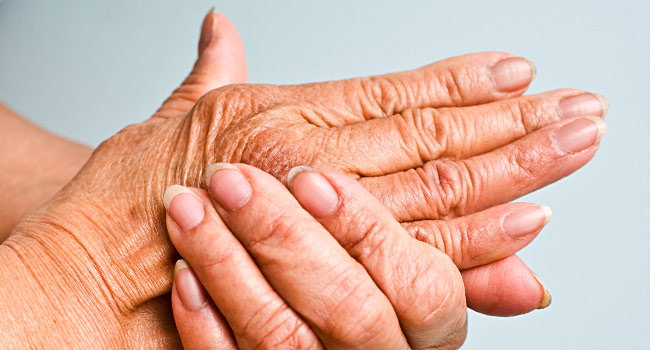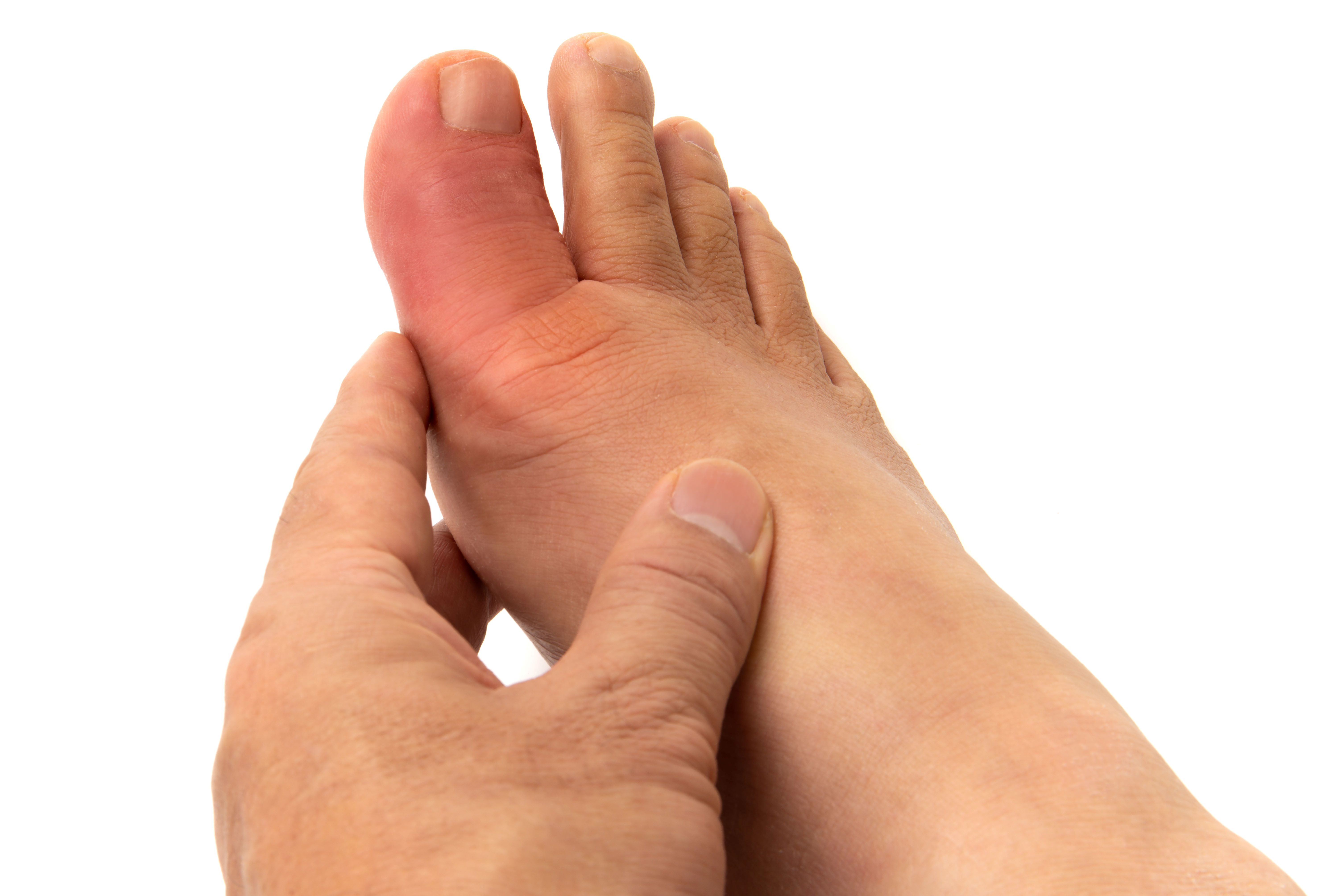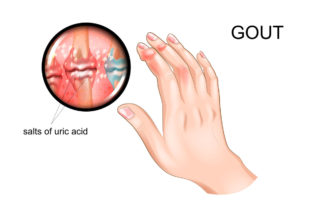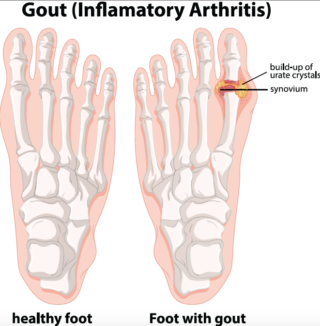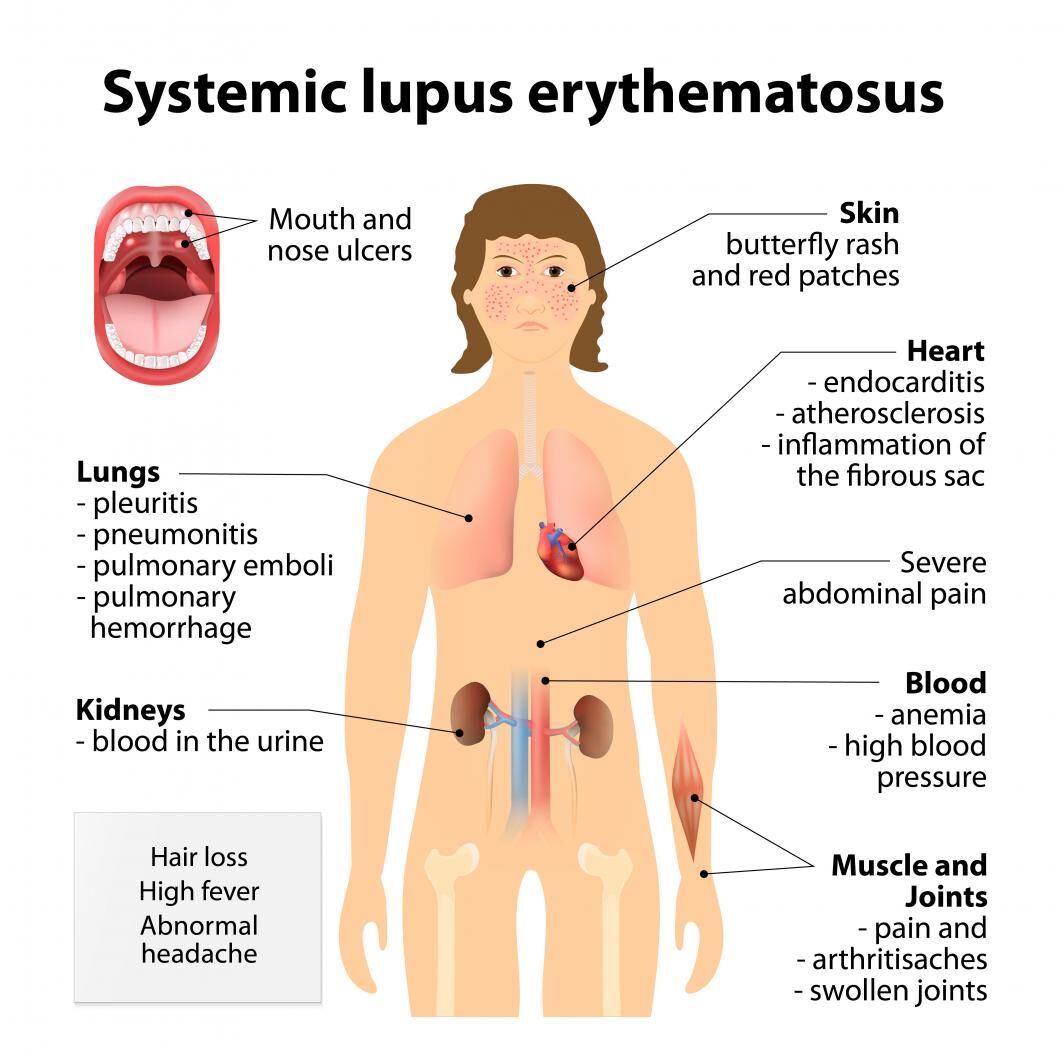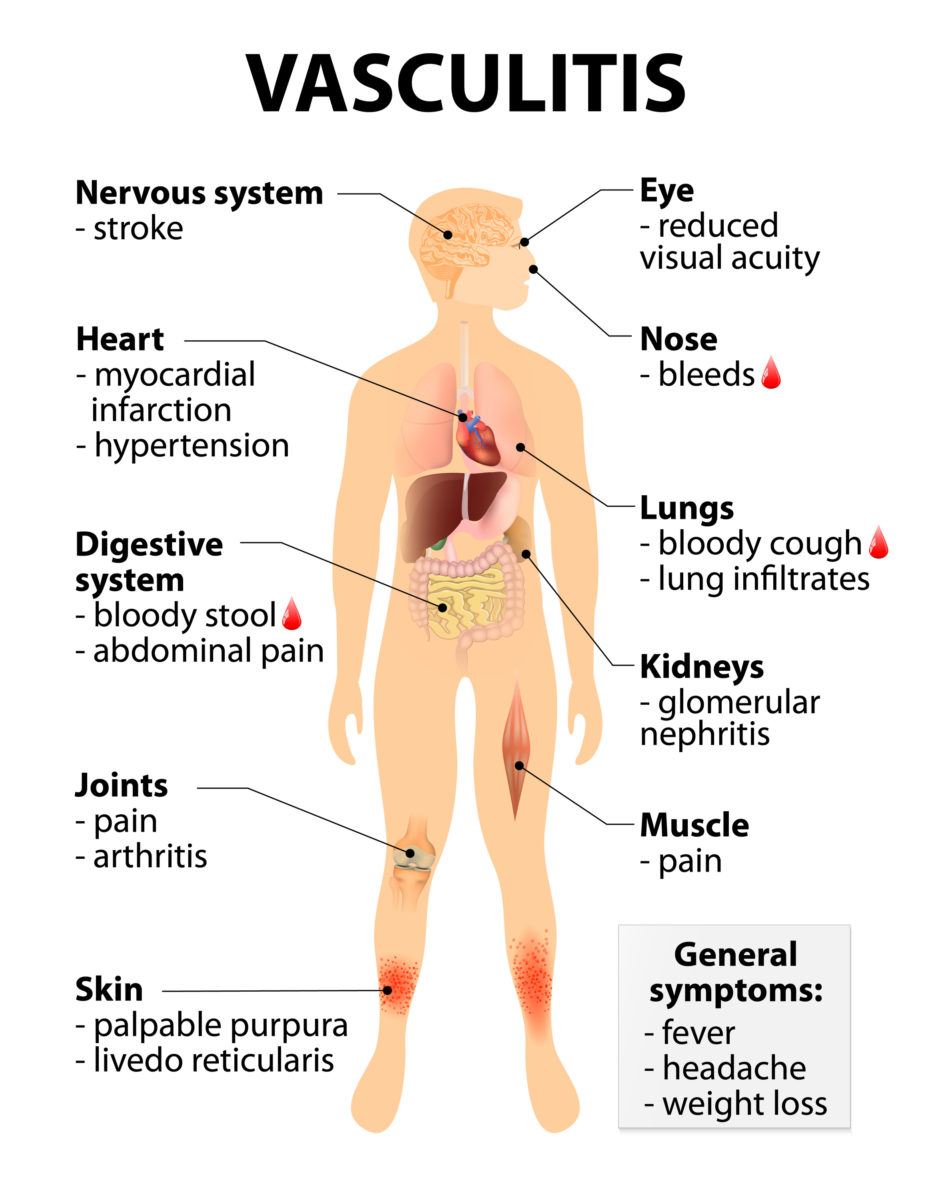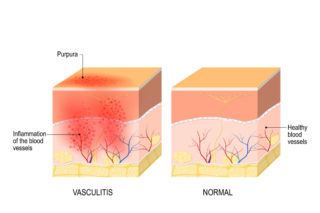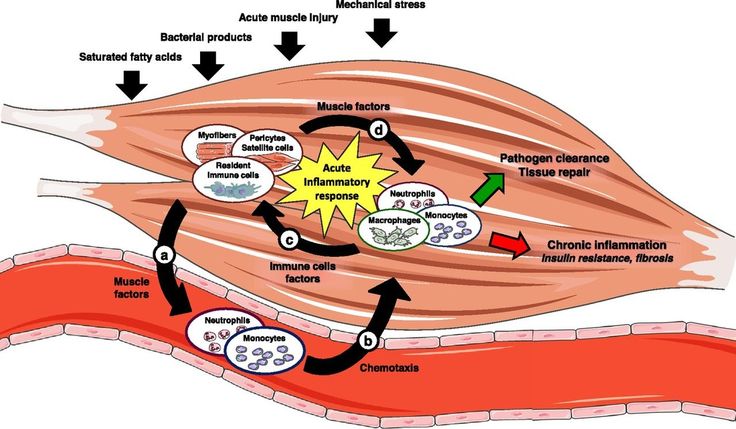CROHN’S DISEASE
Crohn’s disease is a type of inflammatory bowel disease that causes inflammation and irritation in your digestive tract.
For more information on Crohn’s disease, visit the Crohn’s & Colitis Foundation at crohnscolitisfoundation.org.
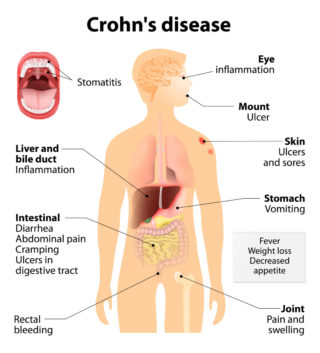
Symptoms of Crohn’s Disease:
Symptoms of Crohn’s Disease vary depending on the severity of inflammation and where it occurs. Symptoms may range from mild to severe. You are likely to have periods of active illness followed by periods of remission.
The most common symptoms are diarrhea, cramping and pain in the abdomen, fatigue and blood in your stool. A reduced appetite typically leads to unplanned weight loss. Symptoms often begin gradually and worsen over time, though there may be periods of remission that last for weeks or years.
Diagnosis of Crohn’s Disease:
To help assist with a diagnosis of Crohn’s or Inflammatory Bowel Disease, you may have one or more of the following tests and procedures:
Blood tests
- Tests for anemia or infection
- Fecal occult blood test
Endoscopic procedures include:
- View your entire colon or take small samples of tissue (biopsy) for laboratory analysis. Tissue samples can help confirm a diagnosis.
- Flexible sigmoidoscopy. View the last portion of your colon.
- Upper endoscopy. Examine the esophagus, stomach and first part of the small intestine (duodenum).
- Capsule endoscopy. You swallow a capsule that has a camera in it and it transmits data.
- Balloon-assisted enteroscopy. Allows a deeper view into the small bowel where standard endoscopes don’t reach.
Imaging procedures include:
- X-ray
- Computerized tomography (CT) scan
- Magnetic resonance imaging (MRI)
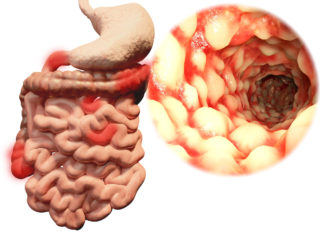
Treatment of Crohn’s Disease:
The treatment goal of Inflammatory Bowel Disease is to reduce the inflammation that triggers your signs and symptoms. In the best cases, this may lead not only to symptom relief but also to long-term remission and reduced risks of complications. Although living with IBD can be discouraging, research is ongoing, and the outlook is improving.
Surgery for Crohn’s disease. Up to one-half of people with Crohn’s disease will require at least one surgery. However, surgery does not cure Crohn’s disease.
AZIV Infusion provides the following biologic injections and infusions in a convenient and comfortable setting for patients seeking treatment for Crohn’s Disease:



